By RON J. BACKUS
alltherage@thestar.com.my
IN 2010, Woon King Chai had a life-changing moment. He and his friends were arrested for observing the Hulu Selangor parliamentary by-election campaign and faced expulsion from Universiti Kebangsaan Malaysia.
The four students, infamously referred to as the UKM4, then embarked on a two-year legal battle to get Section 15 (5) of Universities and University Colleges Act (UUCA) 1971, which prohibits students from participating in politics, amended.
It was a long struggle, but in the end, Woon and his friends tasted victory. They managed to do what many at that time thought was impossible – they got the Court of Appeal to declare in 2012 that Section 15 (5) of UUCA was indeed unconstitutional and now, thanks to Woon and his buddies, students can openly express their support, or opposition, of any political party.
“The very experience to have been pushed against the corner by the institutions that be forced me to learn and do everything by myself,” said 26-year-old Woon, who credits the incident as the most defining moment in his life.
“We were forced to grow very thick skins to talk to people and advocate our cause, because issues like these can be very complicated if they’re not explained well. How do you tell someone that a law is wrong?”
It was then that Woon realised his calling, that he was meant to do more in politics as well as human rights.
“I think we should not look at human rights and politics as mutually exclusive. What’s important is for civil society to judge for themselves,” said Woon who also believes that Malaysia is currently heading towards the liberalisation of political freedom and that it is a very exciting time for its citizens.
He went on to participate in high-level duties – one being a special officer to the Deputy Minister at the Ministry of Youth and Sports and another as a policy researcher and analyst – in an attempt to bring positive changes for the young people in the country.
Woon then decided to give his studies another go and applied for the Chevening Scholarship in 2012, which allowed him to pursue a Masters Degree in Political Theory at the London School of Economics and Political Science (LSE), “For a very long time, the thought of going to London to study and live was just a mere idea formed by reading books and watching movies but this scholarship turned the idea into a reality.”
Now that he is back in Malaysia, Woon is raring to put everything he learned to practise, and admitted that he needs help from people from all walks of life for any of his plans to succeed.
“All Malaysians must be invested into the future that we want to see Malaysia heading towards. Everyone has a place and a role to play. The journey there itself has value.
“What I hope to bring to the table is to think of how we can argue different positions from a more holistic perspective. Bear in mind, we have to be conscious of ourselves especially when it comes to political debates and discussions. We must be able to admit that we can be wrong and the other person right.”
Nevertheless, Woon realises that not everyone is interested in politics and that it is their right to be apathetic towards the nation’s well-being.
“As disappointed as I am, simply because there’s so much potential in everybody, I think it’s also their right. They (apathetic Malaysians) also have the freedom to choose not to do anything with politics. They have the freedom to choose not to be interested in human rights. If that’s what they want, then they must realise that there’s an outcome and they must be responsible for it.
“It’s a shame when youths say that ‘everyone in politics are the same’, because we live in an era where we can determine the future of our country. What happens today, will determine (the condition) of Malaysia 100 years from now.”


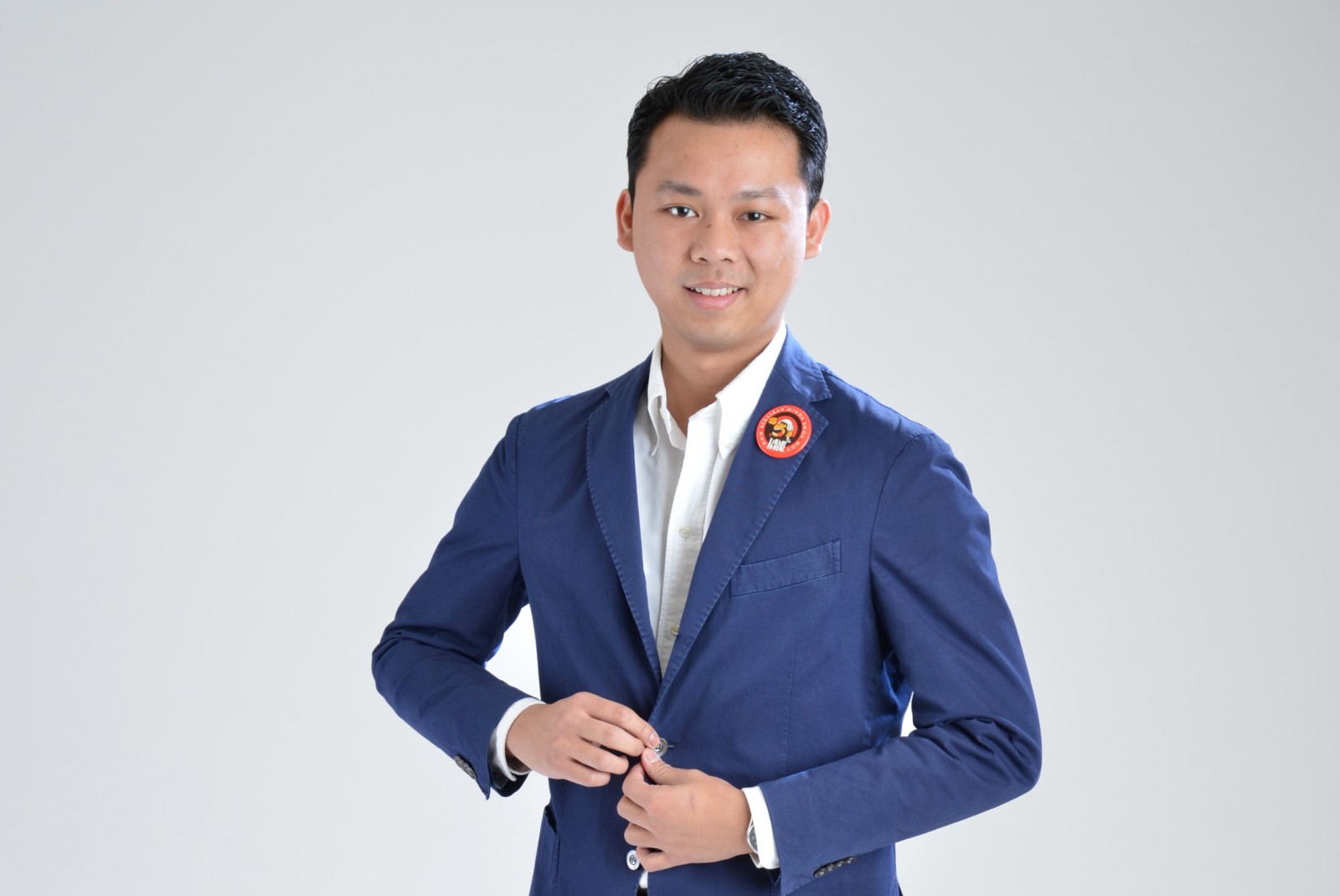
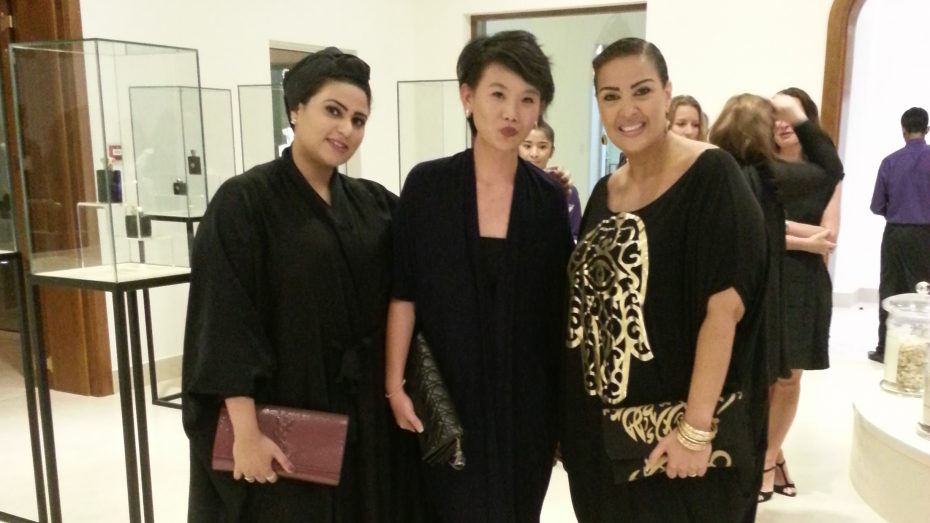
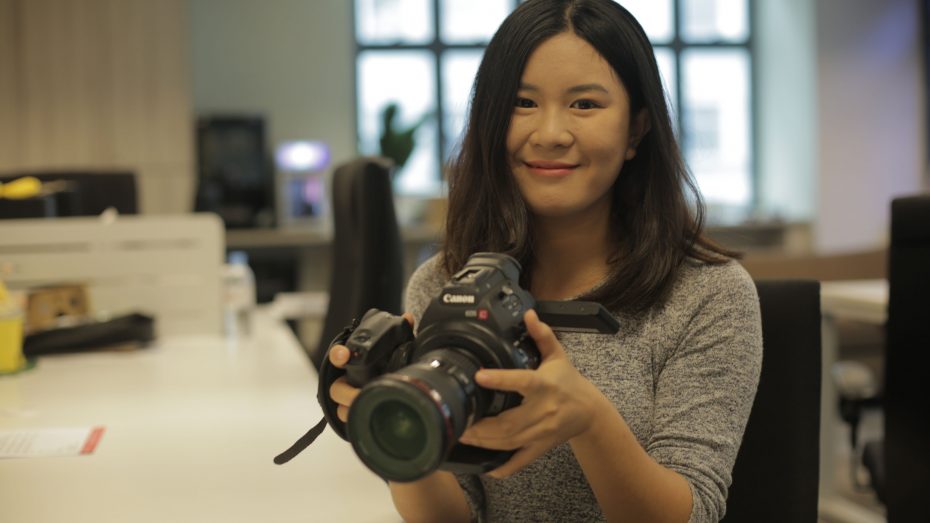
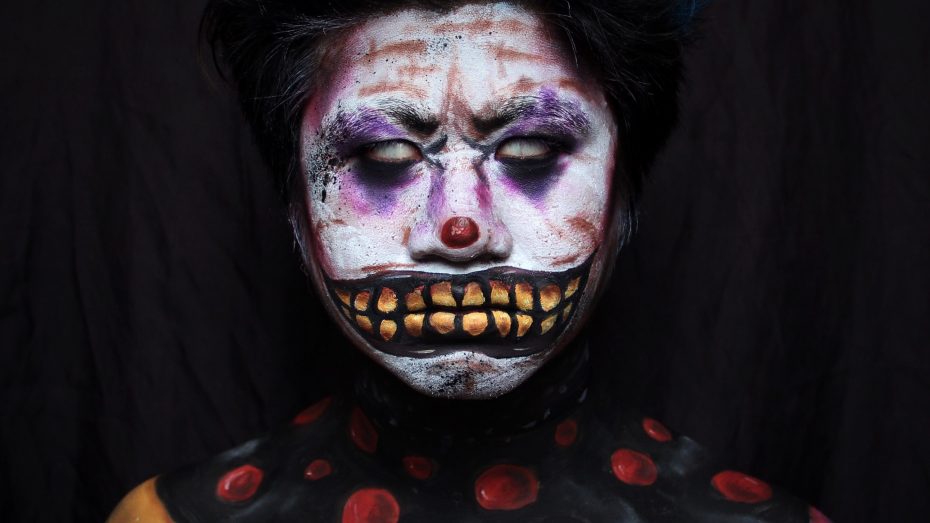
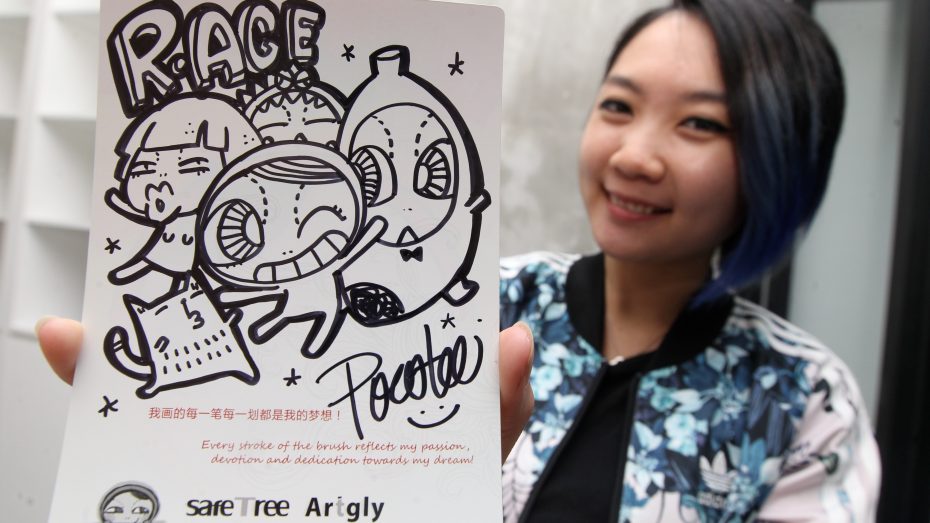
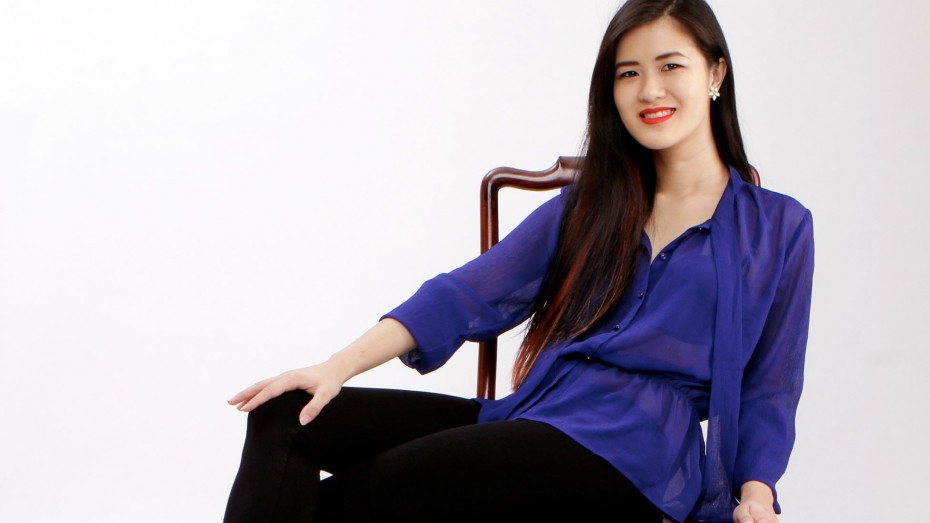
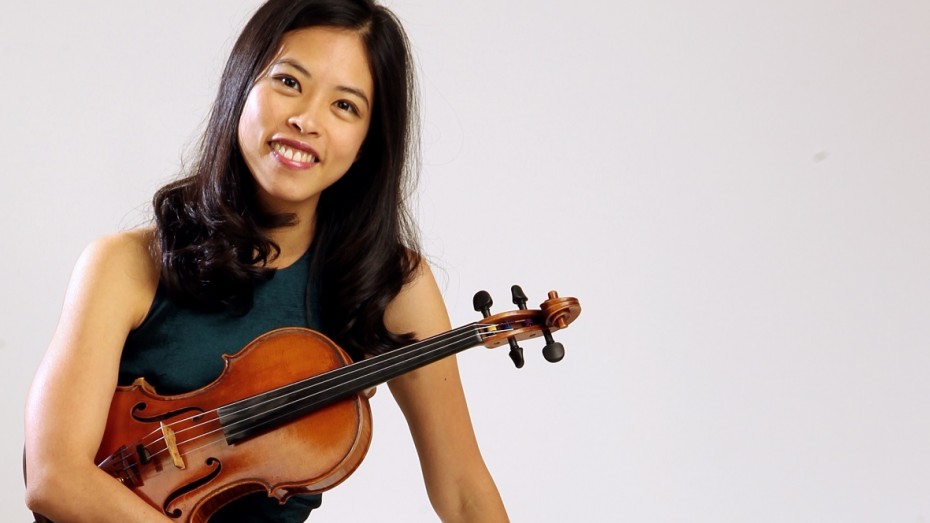

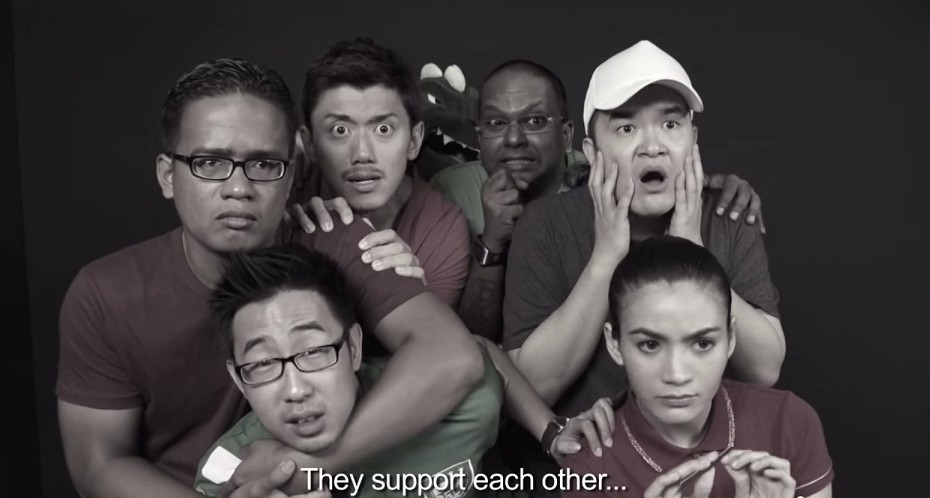
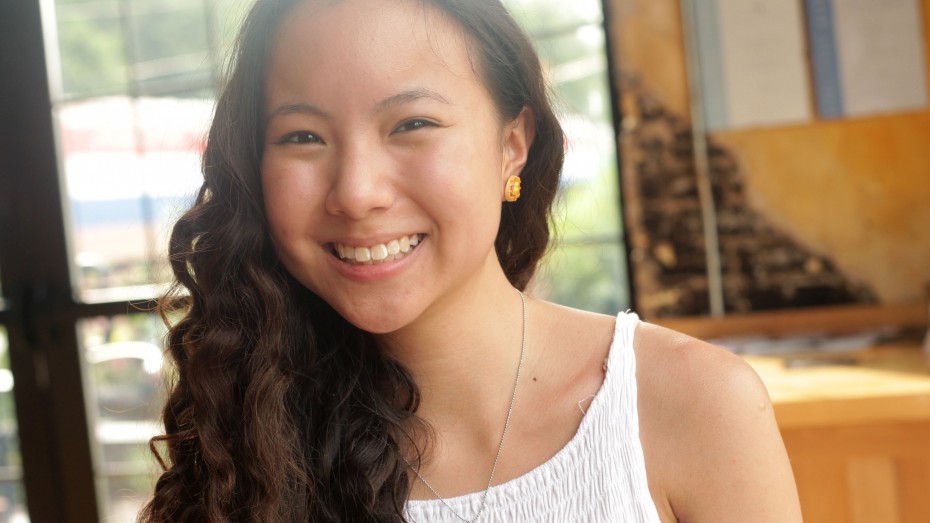
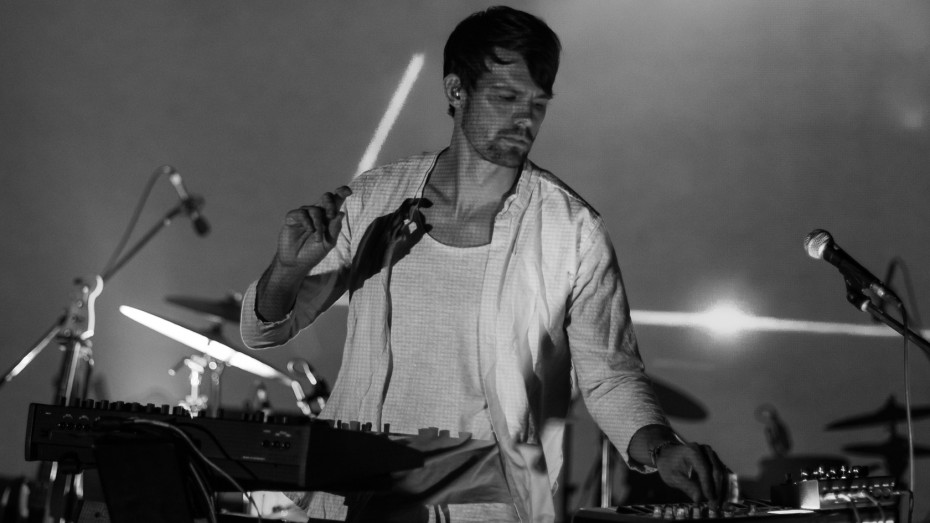
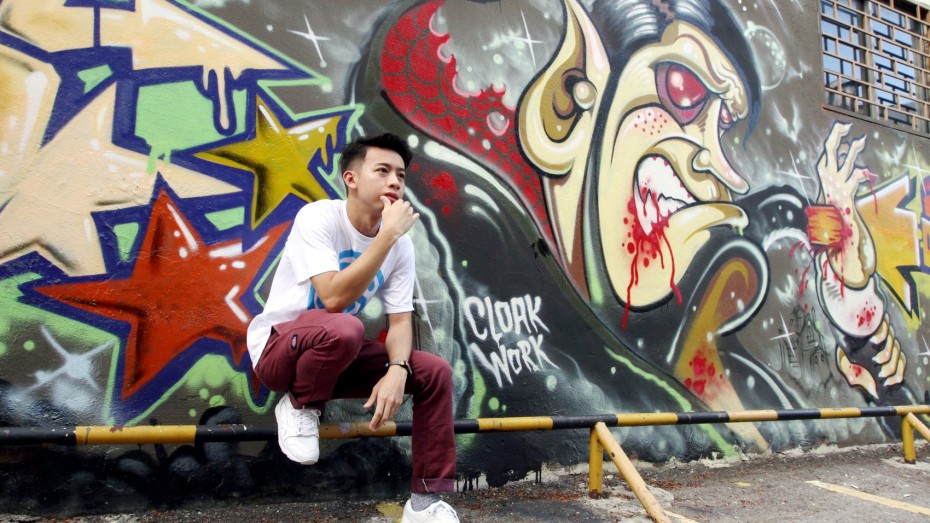
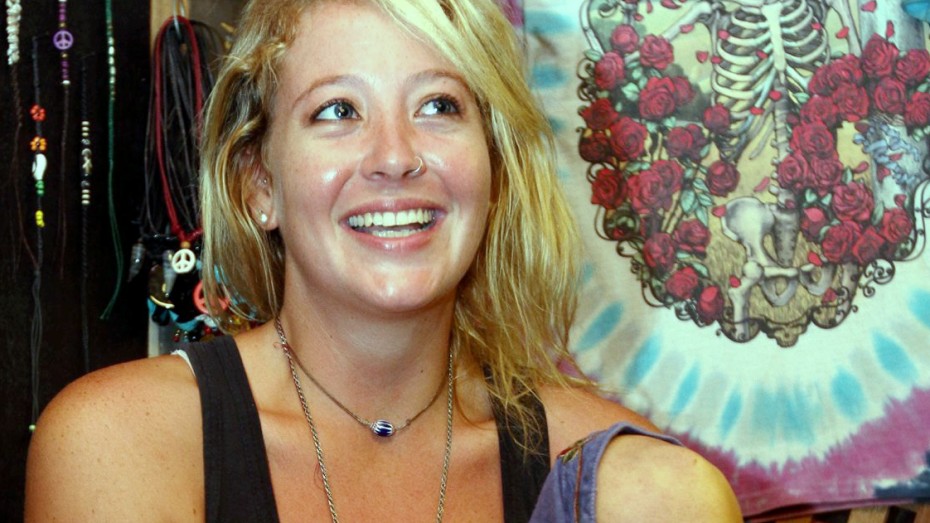
Tell us what you think!